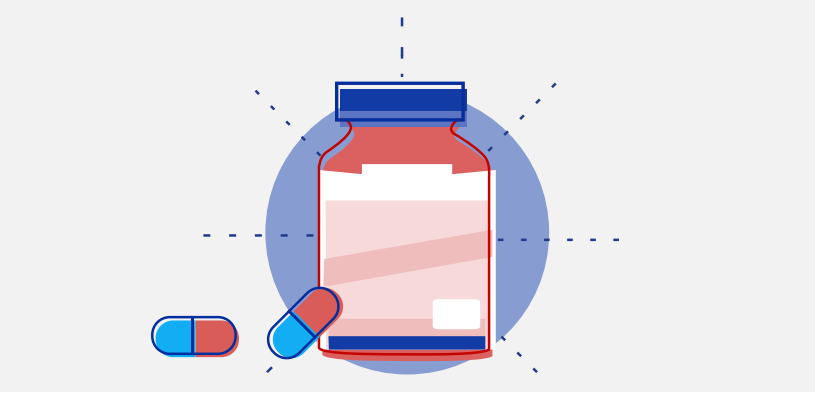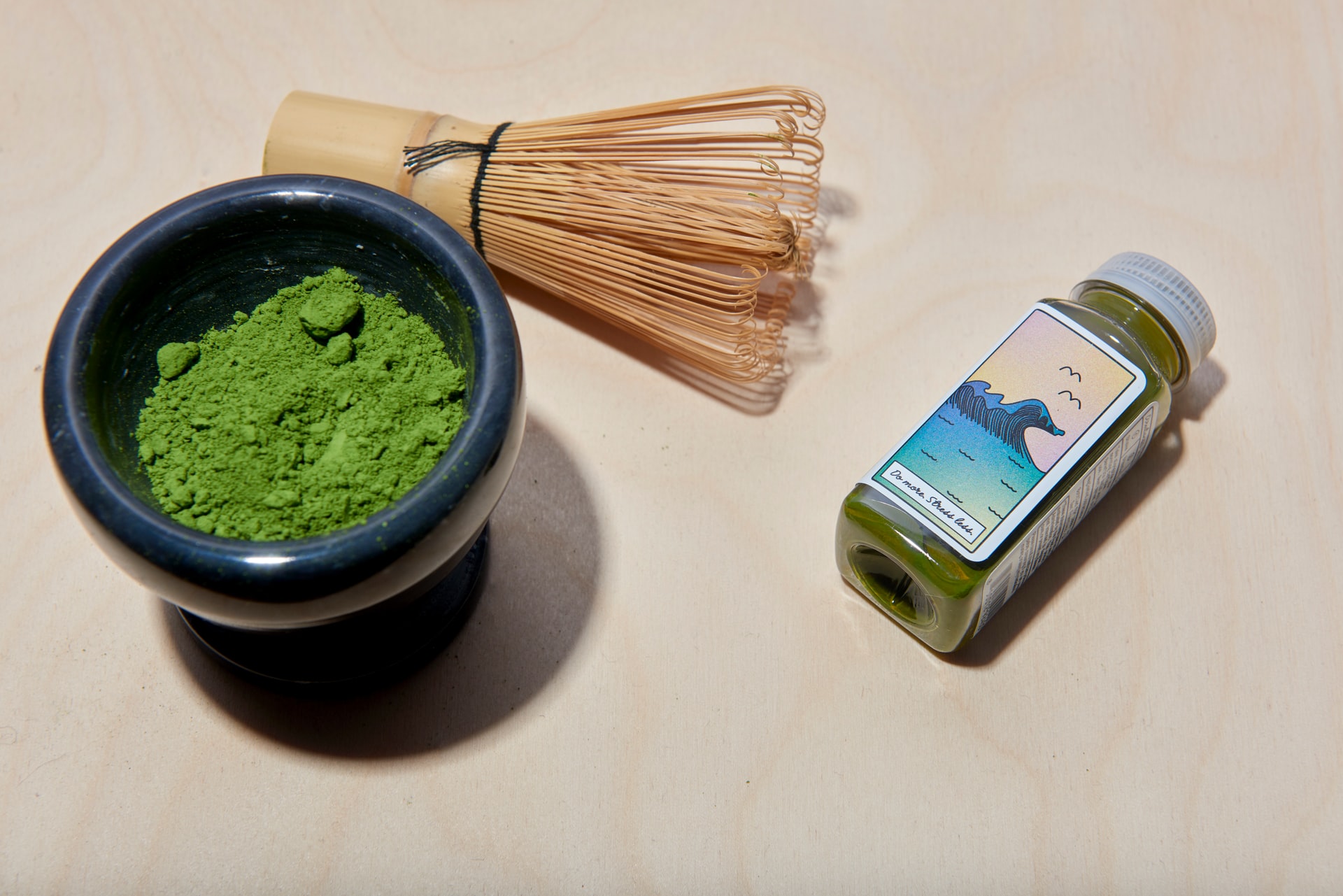Annual revenue for just vitamins and minerals is quickly approaching $2 billion USD in 2020. Probiotics, functional foods, and sports nutrition products are also booming in popularity.
Products like Vitamin C, protein powder, multivitamins, probiotics, other vitamins, minerals, and food additives can all be classified as supplements.
Japan's market size supplements and healthy food

When it comes to protein, the Japanese market is expanding steadily. According to the Fuji Keizai Group Report in 2020, both the protein supplement market and the protein powder market are forecasted to grow by 11.8% and 17% YOY respectively.
In recent years, not only protein powders, but also other types of protein food products have increased in popularity. Especially during this COVID-19, new products like supplements and health food are being launched.
MyProtein has only just entered the Japanese market, getting started in 2016. Selling on eCommerce marketplaces became the brand’s key strategy from 2018 onward. It has been successful and is now looking at establishing their own cargo airlines in order to expand their business.
Supplements are the best selling international products on the Japanese eCommerce market. It is also one of the fastest-growing categories, making it perfect to tackle for businesses who want to start selling in Japan. Japanese consumers want supplements that they can trust and the unsteady ground that domestic products have been standing on has left them running over to international manufacturers.
Supplements regulations in Japan
Japanese consumers show a lot of interest in quality supplements that were manufactured in America and the EU; platforms like Rakuten help pave the way for you to sell them.
However, there are several regulatory hoops to consider before a business can start taking orders. Supplements, vitamins, nutraceuticals, nootropics, and any other products that fall into this category are subject to the Pharmaceutical Affairs Act.


